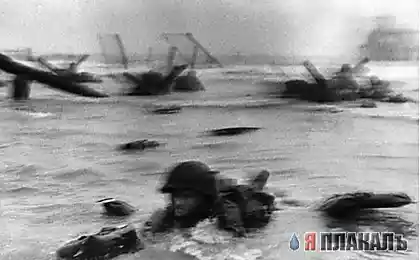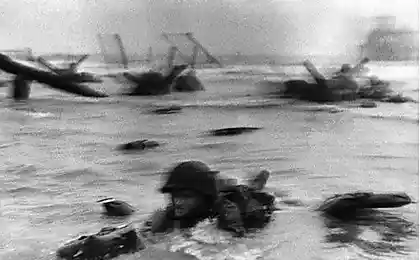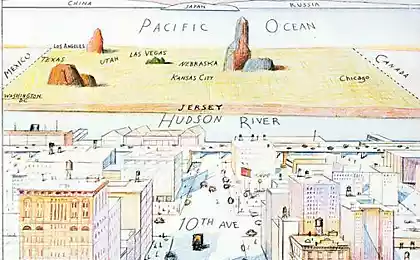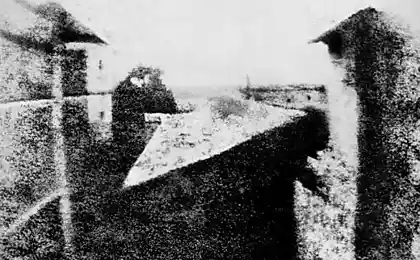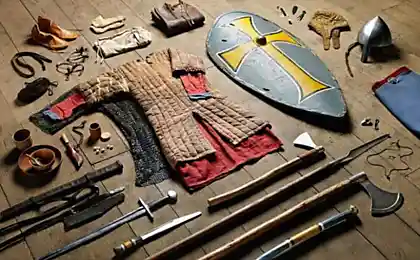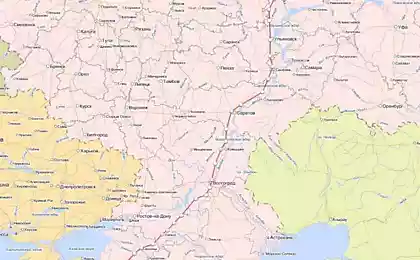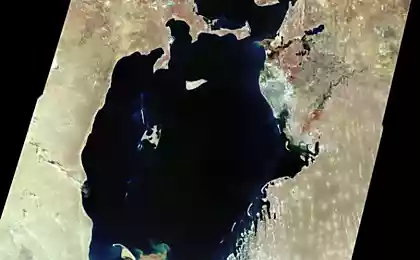1780
The First World War: Battle at Sea (part one)
We continue our series, tells of one of the largest wars in history. At this time, the three parts of the material will be devoted to confrontation on the water.
One hundred years ago, on June 28, 1914, in Sarajevo, was assassinated Austrian Archduke Franz Ferdinand. This was the reason for starting the war, which destroyed four empires and claimed millions of lives.
Former German boat «UB 148" in the waters of the Baltic Sea. She never once went to sea under the flag of Germany and became one of the six transferred after the US-led war.
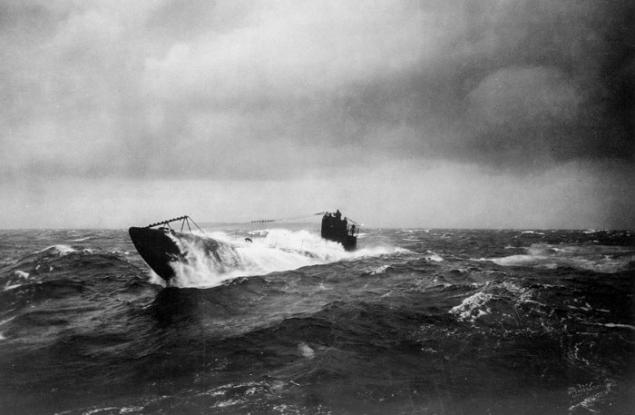
Inside the British submarine during construction in Newcastle.

The evacuation of troops allied with the Gallipoli Peninsula, with the support of the fire from the sea, and significantly reduced without serious losses among allied troops in Turkey.
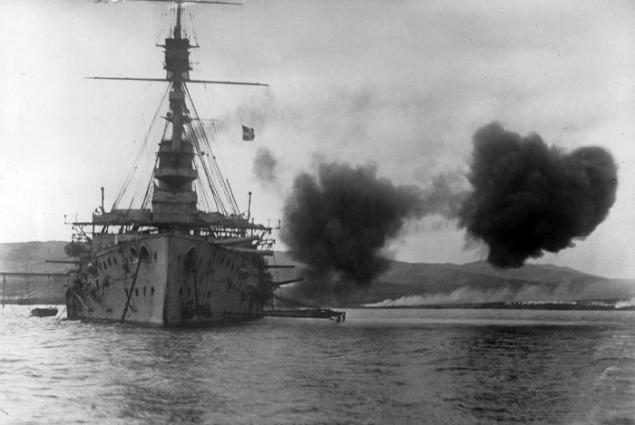
Allies blow your own damaged ship, interfere with the passage of ships, the Dardanelles.
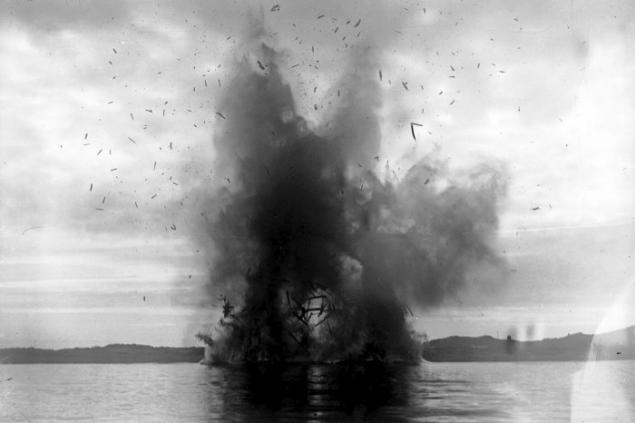
British aircraft carrier «HMS Argus» was based on a cruise ship and was able to carry up to 18 aircraft. The ship is painted in "dazzle camouflage" which complicates the definition of the enemy of speed and armament, as well as the distance to the vessel.
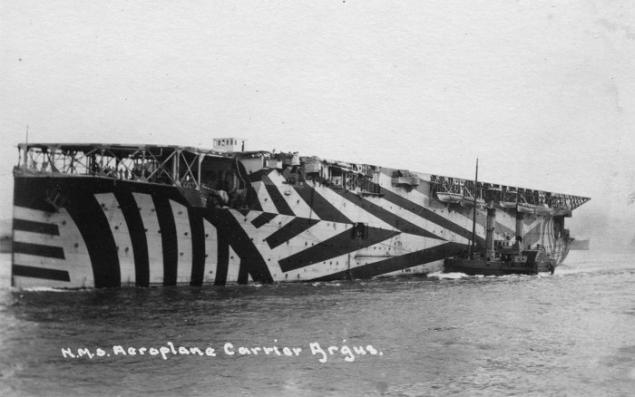
US Marines and sailors on one of their ships.
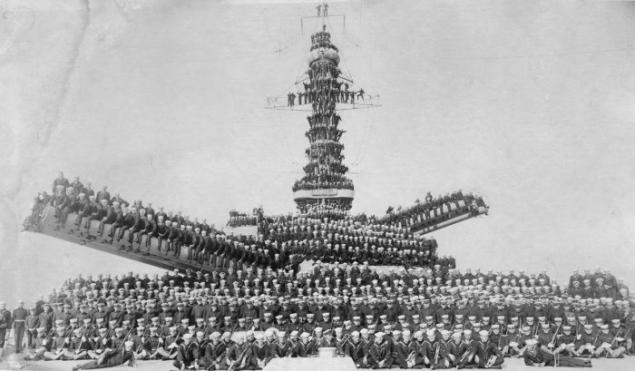
Defusing mines on one of the islands of Helgoland in the North Sea.
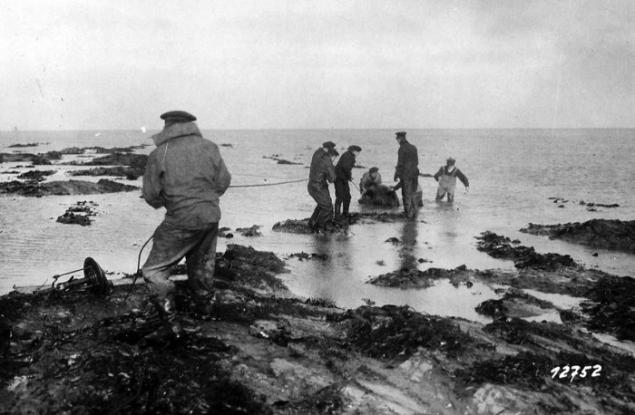
The plane takes off from the deck of the ship «USS North Carolina», July 12, 1916.
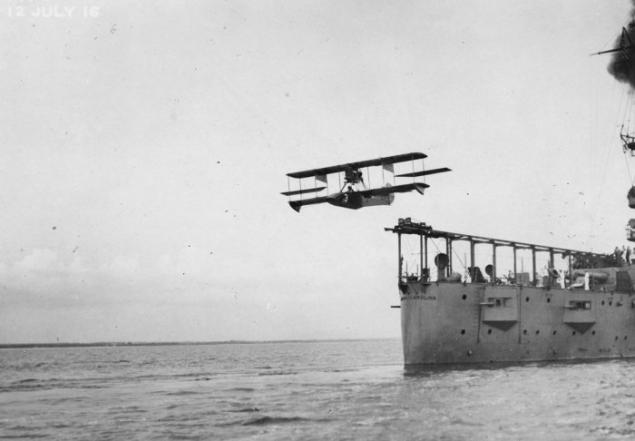
US Navy Submarine «USS Fulton» came from the shipyard in Charleston, South Carolina, USA.
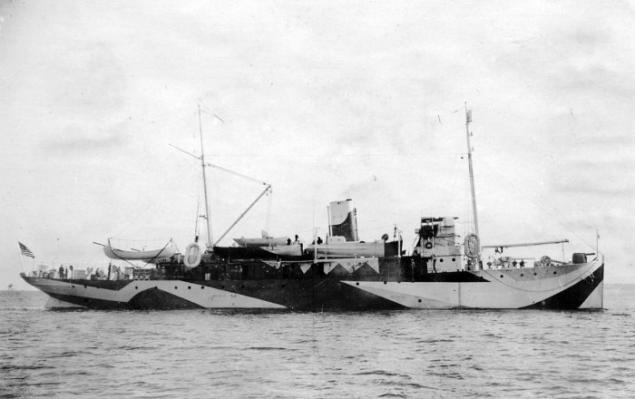
American sailors clean the deck of the ship from the ice.
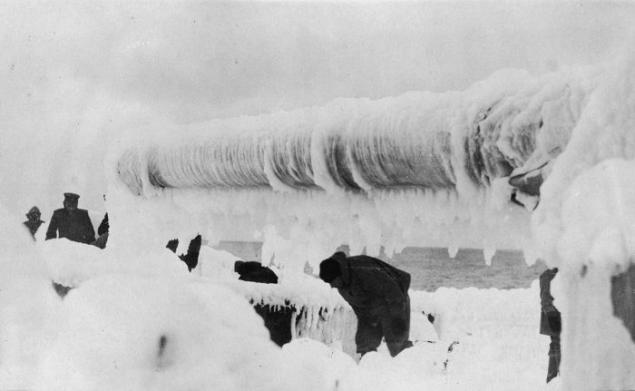
Military ships with cargoes from the cliffs of Andromeda, near Jaffa.
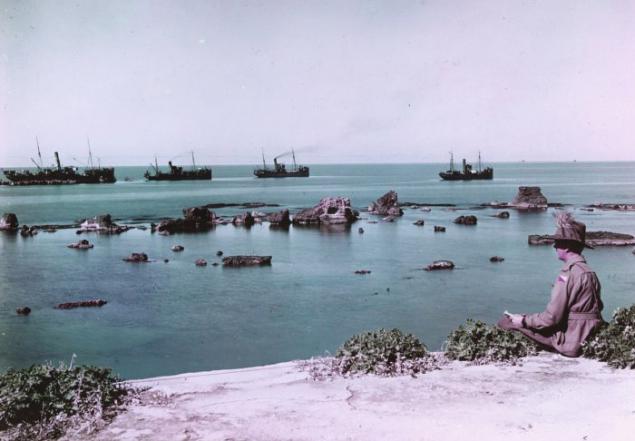
Unloading 155mm cannon on the Gallipoli peninsula.
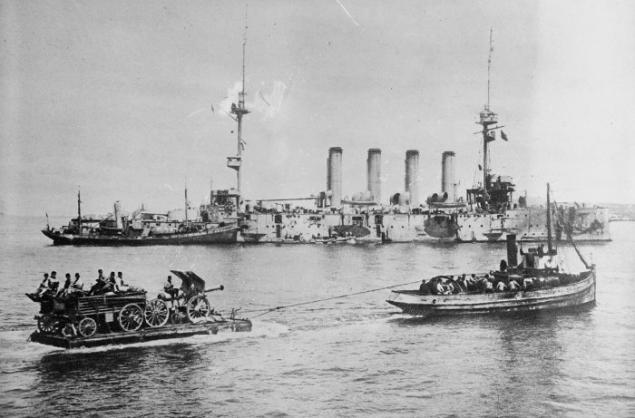
Sailors French cruiser «Admiral Aube» pose for photographers outside the set on the deck of the anvil.
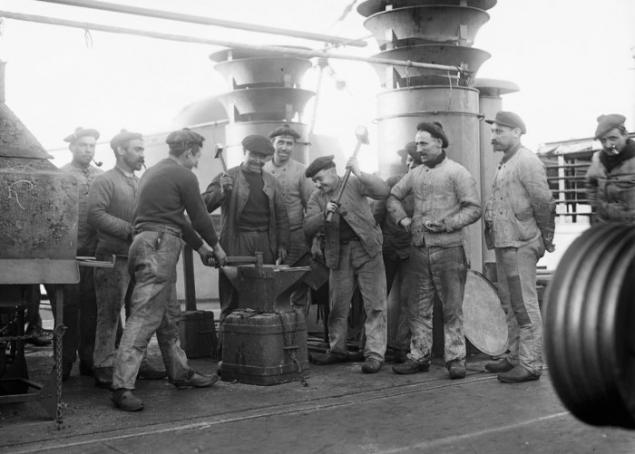
German battleship «SMS Kaiser» at the parade of Kaiser Wilhelm II in Kiel, Germany.
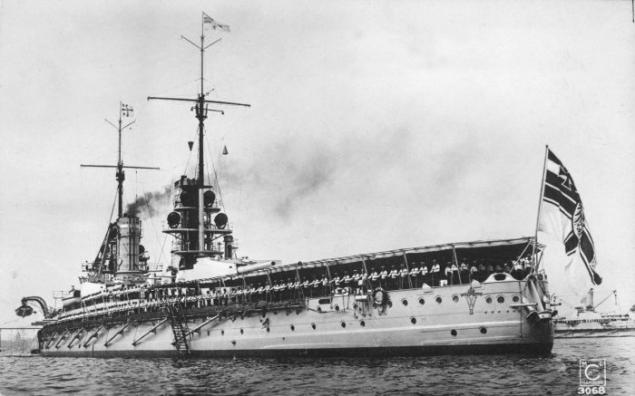
British submarine «HMS A5» - one of the first A-class submarines, which were registered in the British Navy and were intended for the defense of water areas.
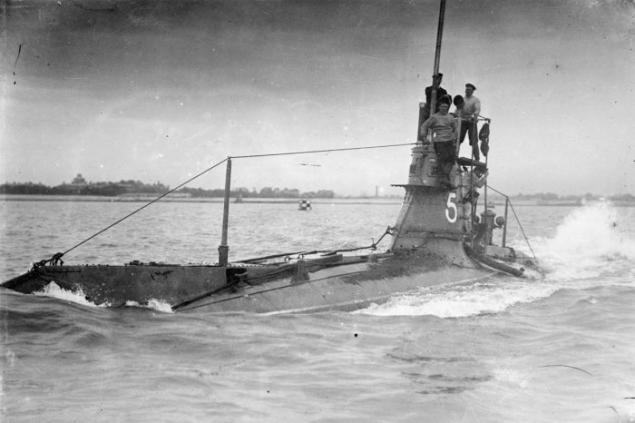
The second part of the material, see tomorrow.
One hundred years ago, on June 28, 1914, in Sarajevo, was assassinated Austrian Archduke Franz Ferdinand. This was the reason for starting the war, which destroyed four empires and claimed millions of lives.
Former German boat «UB 148" in the waters of the Baltic Sea. She never once went to sea under the flag of Germany and became one of the six transferred after the US-led war.

Inside the British submarine during construction in Newcastle.

The evacuation of troops allied with the Gallipoli Peninsula, with the support of the fire from the sea, and significantly reduced without serious losses among allied troops in Turkey.

Allies blow your own damaged ship, interfere with the passage of ships, the Dardanelles.

British aircraft carrier «HMS Argus» was based on a cruise ship and was able to carry up to 18 aircraft. The ship is painted in "dazzle camouflage" which complicates the definition of the enemy of speed and armament, as well as the distance to the vessel.

US Marines and sailors on one of their ships.

Defusing mines on one of the islands of Helgoland in the North Sea.

The plane takes off from the deck of the ship «USS North Carolina», July 12, 1916.

US Navy Submarine «USS Fulton» came from the shipyard in Charleston, South Carolina, USA.

American sailors clean the deck of the ship from the ice.

Military ships with cargoes from the cliffs of Andromeda, near Jaffa.

Unloading 155mm cannon on the Gallipoli peninsula.

Sailors French cruiser «Admiral Aube» pose for photographers outside the set on the deck of the anvil.

German battleship «SMS Kaiser» at the parade of Kaiser Wilhelm II in Kiel, Germany.

British submarine «HMS A5» - one of the first A-class submarines, which were registered in the British Navy and were intended for the defense of water areas.

The second part of the material, see tomorrow.

